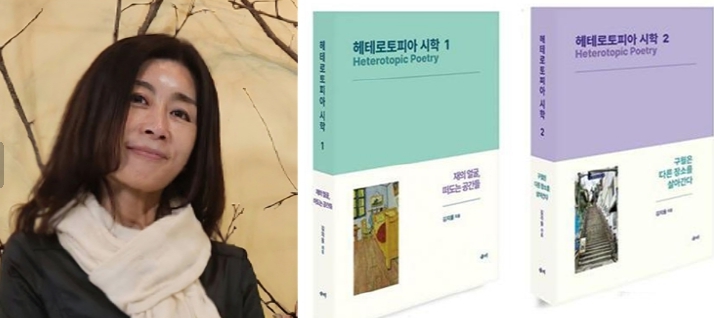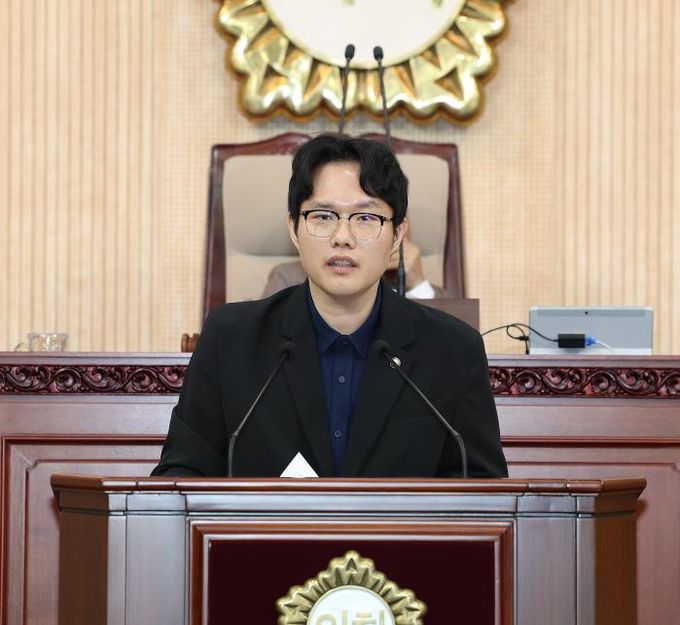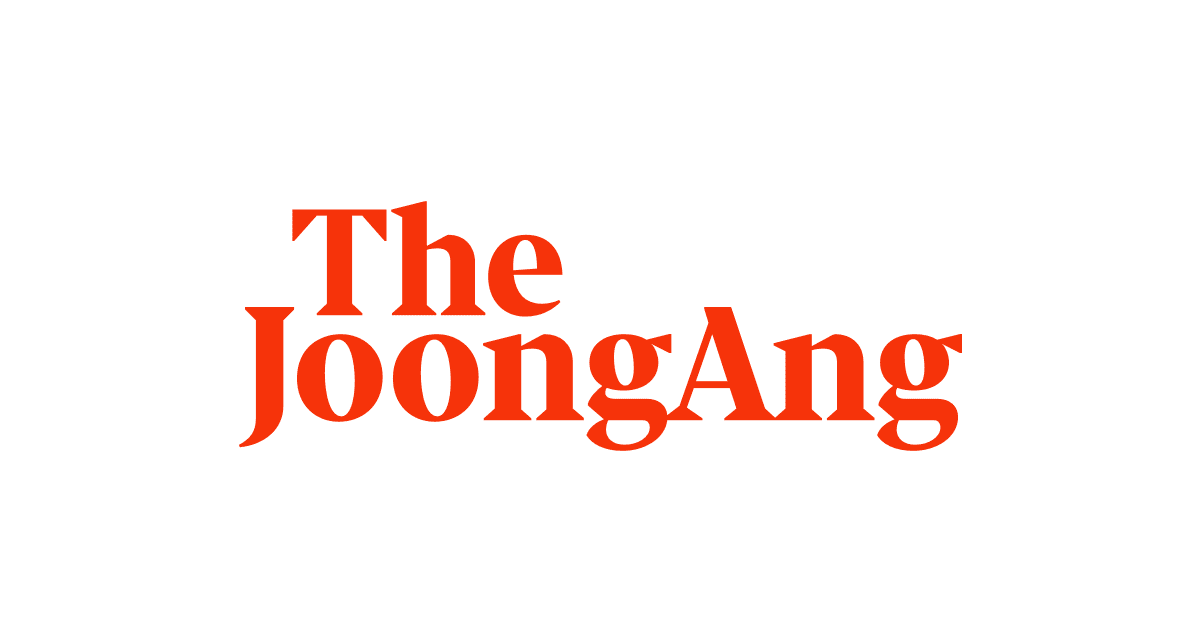
학력, 직업을 불문하고 누구나 "문학"을 아는 곳이 러시아라는 말이 있다. 푸쉬킨, 톨스토이, 도스토예프스키, 체호프, 솔제니친, 파스테르나크 등 수많은 세계적 문호를 배출한 러시아의 강한 자부심이 배어있는 표현이다. 이 말은 결코 과장된 것이라고 볼 수 없다. 독서는 러시아인들에게 가장 중요한 생활의 일부분으로 자리잡고 있다. 러시아에서는 길을 걷다 보면 책갈피 속에 손가락을 끼운 채 종종걸음을 걷는 사람들을 자주 보게 된다.
러시아의 독서율이 세계 3위라는 조사결과가 있었지만, 실제로는 그 이상일 것이라는 생각이 들 정도다. 러시아인들이 책을 많이 보는 데는 나름대로 몇 가지 이유가 있다. 낭만이 넘쳐나는 그들의 문화적 전통은 차치하고, 사회 구조 자체가 책을 떠나서는 살 수 없도록 만들어져 있다. 박물관, 미술관 등 문화 시설은 물론 거리와 지하철 역, 심지어 과자 이름에까지 푸쉬킨, 체호프, 톨스토이 등의 이름이 등장하니, "그들이 아직 살아 움직이고 있는 듯 느껴진다"는 말이 나올 정도이다.
게다가 쉬꼴라(초중등과정) 학생들에게는 재학 중 반드시 읽어야 할 100여가지 이상의 문학 작품, 물론 대부분 고전이다. 이 작품들을 독서로 할 것을 과제로 제시하고 있다. 문학 작품을 이해해야만 대학에 갈 수 있으니 도리가 없다.대학 입시 때 작문 시험이 전공을 불문하고 필수 과목이기 때문이다. 일례로, 모스크바 대학의 화학부 경우 물리, 수학, 작문 3개 과목의 시험을 치르나 물리, 수학은 구술 시험 만으로 끝낸다. 그만큼 작문의 비중이 높다는 말이다. 다른 대학들도 비슷하다. 그리고 엄청난 수의 책을 보유한 도서관들도 러시아 인들을 독서 광으로 만드는데 한 몫을 하고 있다.
모스크바 국립 레닌도서관의 경우, 1863년 설립되었다. 세계 최대 규모의 이 도서관은 249개 국 언어로 된 4,200여만 권의 장서를 자랑한다. 참고로 한국의 서울대학교 중앙 도서관은 180여만 권이다. 게다가 연평균 이용자도 150만 명에 이른다. 해외 1,000여 대학과 책을 교환하고 있는 모스크바 대학 도서관도 850여만 권의 장서들을 보유하고 있으며 그 중에서도 1910년 혁명 전 희귀본만 20만 권에 이른다. 그리고 1885년 짜가이가 저술한 <한국 여행기>,1953년 미하일 박 교수가 저술한 <한민족 해방투쟁사> 등 한국과 관련한 문헌도 상당수 보유하고 있다. 도서관들이 최고 1년까지 책을 빌려주니 러시아인들은 개인적으로 특별히 필요한 경우가 아니면 책을 살 필요가 없다.
끝없이 펼쳐지는 자작나무 숲과 상트페테르부르크의 여름정원 같은 도심 속의 공원들, 그리고 네바 강변이나 모스크바 강변, 볼가 강변에 널려 있는 고색 창연한 궁전 등, 이와 같은 환경적 요소들도 러시아인들을 독서 광으로 만드는 훌륭한 촉매제 역할을 한다. 참고로 나는 러시아의 독서 환경, 엄청난 양의 책, 다른 길로 절대로 세어나갈 수 없었던 공부 및 연구 환경이 지금의 나를 있게 했다. 공부에 매진할 수밖에 없게 하고 최고 전문가로 만들어 준 나라가 러시아다. 러시아는 공부를 독하게 시키는 나라다. 러시아에서 제대로 공부한 사람 중 무식한 자는 없다.
그러나 한국은 어떠한가? 대학 주변을 가보면 죄다 술집, 유흥업소들이 많다. 그리고 스마트폰으로 게임을 하거나 유튜브나 보고, 책을 읽지 않는다. 즉, 독서를 할 수 있는 환경적 요소들이 뒷받침 되지 않고 있는 것이다. 그러니 날이 갈수록 문해력은 떨어져 가고 더욱 무식해진다. 길가에 서점은 널려 있고 책은 계속 나오는데 서점들이나 책을 내는 출판사는 적자가 심각한 것을 보면 얼마나 책을 안 읽는지 보여주는 지표가 아닐까 싶다.
유식한 것과 무식한 것의 차이는 환경적 요인에 있다. 국제 정치 및 외교에 무식하고 인터넷에 의존하는 요즘 세대들 보면 걱정에 앞선다. 끝도 없이 무식해지고 정치에 관심 있다면서 우루루 몰려가 정치인 팬클럽에서 자리나 차지하고 있고 인터넷에서 남 씹기만 바쁘다. 이런 자들이 나중에 대한민국을 이끌어 갈 생각을 하니 참 막막하다. 자식들을 최고 전문가로 만들고 싶은가? 그럼 러시아로 유학 보내면 된다.
*필자/ 정길선.
노바토포스 회원, 역사학자, 고고인류학자, 칼럼니스트, 러시아 과학아카데미 유라시아 고고인류학연구소 연구교수.
*아래는 위 기사를 '구글 번역'으로 번역한 영문 기사의 [전문]입니다. '구글번역'은 이해도 높이기를 위해 노력하고 있습니다. 영문 번역에 오류가 있을 수 있음을 전제로 합니다.<*The following is [the full text] of the English article translated by 'Google Translate'. 'Google Translate' is working hard to improve understanding. It is assumed that there may be errors in the English translation.>
Bookstores and reading that can be seen anywhere on the streets of Russian cities, and South Korea
Columnist Jeong Gil-seon
There is a saying that Russia is a place where everyone knows "literature" regardless of their education or occupation. It is an expression that reflects the strong pride of Russia, which has produced many world-class writers such as Pushkin, Tolstoy, Dostoevsky, Chekhov, Solzhenitsyn, and Pasternak. This saying is by no means an exaggeration. Reading is the most important part of life for Russians. In Russia, you often see people walking down the street with their fingers stuck in a bookmark.
There was a survey that said that Russia's reading rate is the third highest in the world, but it seems that it is actually higher than that. There are several reasons why Russians read so many books. Aside from their romantic cultural traditions, their social structure itself is designed so that they cannot live without books. The names of Pushkin, Chekhov, and Tolstoy appear not only in cultural facilities such as museums and art galleries, but also in streets, subway stations, and even in the names of snacks, so much so that people say, "It feels like they're still alive and moving."
In addition, students in elementary and middle school are required to read over 100 literary works, most of which are classics, as homework assignments. There's no way to get into college without understanding literary works. This is because writing exams are required for college entrance exams regardless of major. For example, the Department of Chemistry at Moscow University has three subjects: physics, mathematics, and writing, but physics and mathematics are only given through oral exams. This means that the weight of writing is high. Other universities are similar. And libraries with a huge number of books also play a role in making Russians bookworms.
The Moscow State Lenin Library was established in 1863. This library, the world's largest, boasts a collection of 42 million books in 249 languages. For reference, the Seoul National University Central Library in Korea has 1.8 million books. In addition, the average number of users per year is 1.5 million. The Moscow University Library, which exchanges books with over 1,000 universities abroad, also has a collection of 8.5 million books, including 200,000 rare books from before the 1910 Revolution. It also has a considerable number of literature related to Korea, such as <Travelogue of Korea> written by Tsagi in 1885 and <History of the Korean Liberation Struggle> written by Professor Mikhail Park in 1953. Since libraries lend books for up to a year, Russians do not need to buy books unless they have a special personal need. The endless birch forests, the parks in the city center like the Summer Garden in St. Petersburg, and the ancient palaces scattered along the Neva, Moscow, and Volga rivers, these environmental factors also serve as great catalysts for making Russians bookworms. For reference, I am who I am today because of the Russian reading environment, the enormous amount of books, and the study and research environment that I could never have found otherwise. Russia is the country that forced me to devote myself to studying and made me a top expert. Russia is a country that makes you study hard. There is no one among those who studied properly in Russia who is ignorant.
But what about Korea? If you go around universities, you will see many bars and entertainment establishments. And they play games or watch YouTube on their smartphones and do not read books. In other words, the environmental factors that support reading are not supported. So, as time goes by, literacy is declining and they are becoming more ignorant. There are bookstores on the street and books are constantly being released, but when you look at the fact that bookstores and publishers are in serious deficit, isn't this an indicator of how little people read books?
The difference between the educated and the ignorant lies in environmental factors. When I look at the current generation who are ignorant of international politics and diplomacy and who depend on the Internet, I am worried. They are endlessly becoming ignorant and claiming to be interested in politics, they flock to politicians' fan clubs and are busy criticizing others on the Internet. It is truly daunting to think about these people leading the Republic of Korea in the future. Do you want your children to become top experts? Then send them to study abroad in Russia.


 괜찮은 어른이 된다는 것](https://www.domin.co.kr/news/photo/202510/1532619_729691_4658.jpg)
![[신간] 찰나의 기억, 냄새 등 5권](https://www.domin.co.kr/news/photo/202510/1532869_730057_4229.jpg)





![[이 사람] 신한주 치과의사 겸 사진작가, 랜즈로 바라본 보이지 않는 세계](https://www.kgnews.co.kr/data/photos/20251042/art_17605067728832_dfc9c1.jpg)